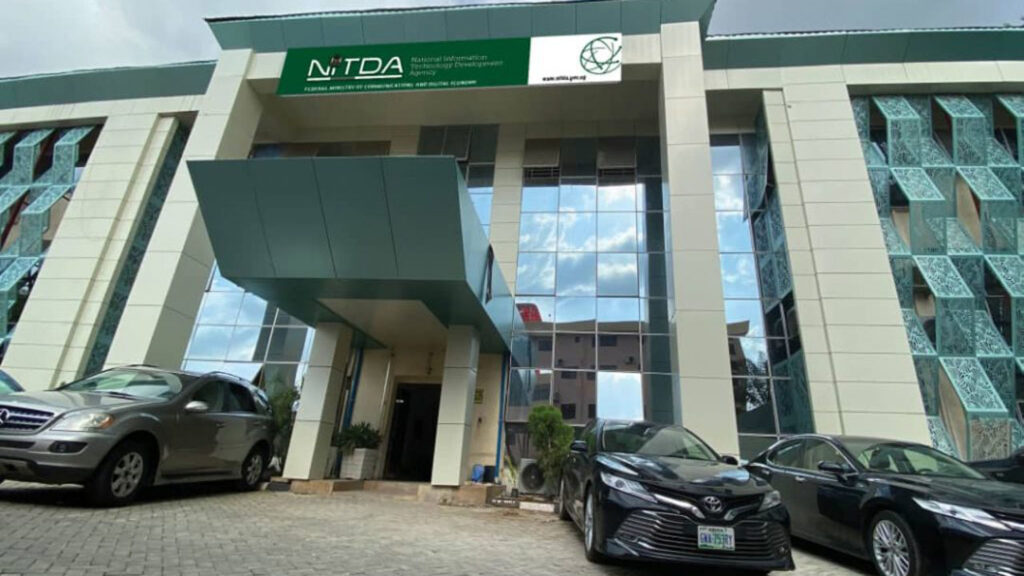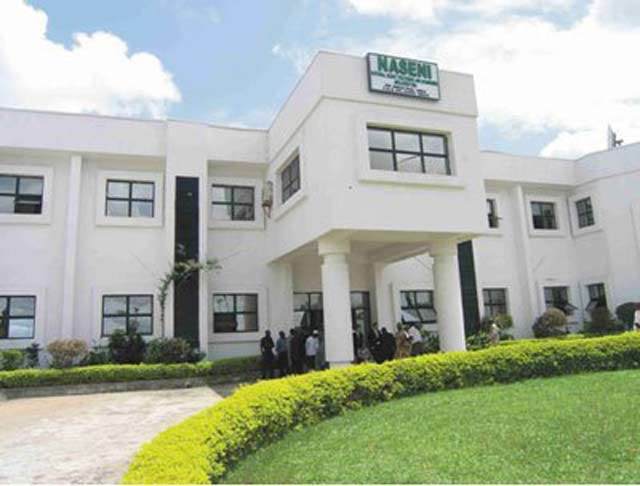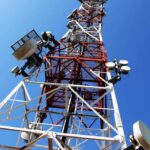
The Nigerian Communications Commission (NCC) has advised players in the telecoms sector to embrace infrastructure sharing to reduce costs and improve service delivery.
The Executive Vice-Chairman of the Commission, Aminu Maida, stated this during the 2nd edition of the West African Telecoms Infrastructure Summit and Exhibition (WATISE 2.0) in Lagos.
In addition to sharing infrastructure, Maida also emphasized the need for partnerships between government, industry, and academia to drive innovation and development.
The NCC EVC said developing telecoms infrastructure is capital intensive, hence, public-private partnerships, infrastructure funds, and innovative financing models like Infrastructure as a Service (IaaS) should be considered by the industry players.
Represented by the Head of Next Generation Technology and Standards at the NCC, Victor Adoga, the NCC boss, said: “Today, we boast of over 219 million mobile subscribers and a burgeoning tech-savvy population eager to harness digital technologies.
“However, while our growth has been remarkable, it has not been without its challenges. Issues such as uneven service distribution, infrastructural deficits, and regulatory uncertainties have occasionally hindered our progress.
“Yet, each challenge also presented a unique opportunity for growth and innovation.”
Maida advised the operators to leverage emerging technologies such as AI to optimize their networks.
He said integration with AI and machine learning to optimize network management, predict maintenance needs, and enhance customer service through automation and advanced analytics is also necessary.
“Another strategy is developing smart infrastructure, because as cities become smarter, telecoms infrastructure must evolve to support an array of smart city applications, from traffic management systems to public safety solutions,” he said.
While noting that Nigeria has been actively participating in the emerging technology trends globally with the rollout of 5G, Maida said 5G promises higher speeds, lower latency, and greater capacity, facilitating new applications such as the Internet of Things (IoT), autonomous vehicles, smart cities, and advanced augmented reality.
“The future beyond 5G, looking towards 6G, suggests further enhancements in network capabilities and the integration of Artificial Intelligence (AI) to manage network operations and service delivery. It requires substantial investments in both hardware and spectrum allocation.
“With the Internet of Things (IoT), everyday objects are connected to the internet, gathering and sharing data,” he said.
Maida said that the 6G revolution would transform industries from agriculture to healthcare, creating efficiencies and improving lives. According to the NCC boss, for telecoms, it means a massive increase in connected devices and a shift in data management strategies.
MEANWHILE, data from the NCC showed that Nigeria’s internet data usage surged to a record 753,388.77 terabytes (TB) in March 2024 as against February’s 694,804.54 TB consumption. The rise showed an 8.43 per cent rise in the month under review.
The NCC data also showed that by the end of March 2024, Airtel Nigeria grew its market share over the last year to 29 per cent.
However, other operators, largely MTN and 9mobile lost some market share. While MTN dropped by 3.19 per cent, 9mobile fell by 0.5 per cent decrease and Glo, 0.58 per cent.
Despite the drops, MTN remained the largest operator in Nigeria with 81.7 million users and 37.3 per cent market share. Airtel was second, followed by Globacom and 9mobile respectively.
According to Airtel, its success story goes beyond market share gains. The company said it has also witnessed a substantial surge in its share of internet subscribers, boasting an impressive 165 per cent basis points increase.
This surge, according to a statement from Airtel, correlated with the launch of Airtel 5G, which the company began rolling out in June 2023 and underscores the telco’s continued push to grow its customer base nationwide.













